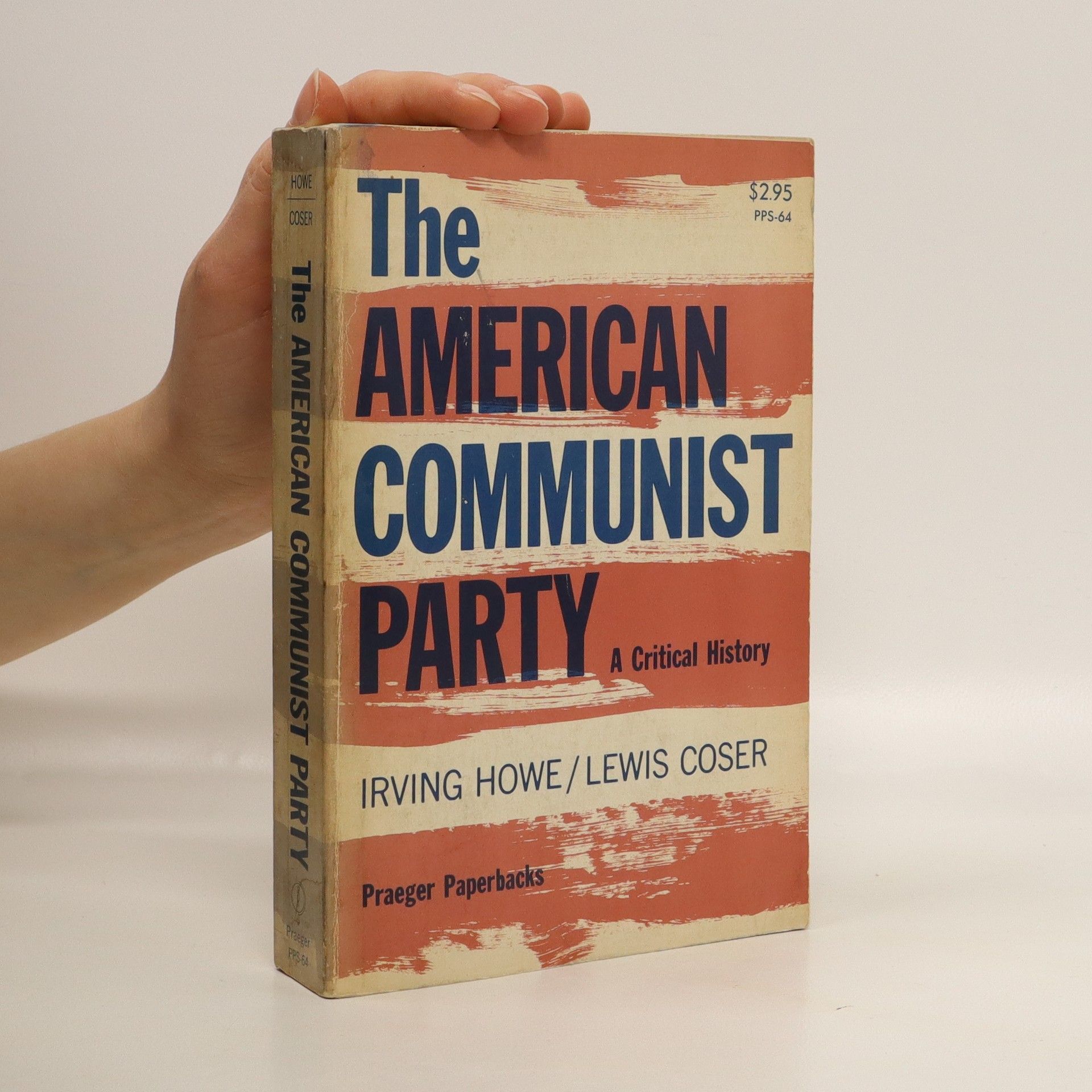Irving Howe Books
Irving Howe was an American literary and social critic, renowned for his engagement with social justice and intellectual debate. His work often explored themes of the American Jewish experience, modern literature, and the evolution of leftist thought. Howe was valued for his ability to meld rigorous literary analysis with insightful social commentary, contributing to a deeper understanding of 20th-century culture and politics. His critical perspective and intellectual honesty left a lasting mark on American intellectual life.





Short Shorts is a delightful anthology of miniature masterpieces. Here are thirty-eight brief, brilliant flashes of fiction, both classic and contemporary. Each work is superb, intense, and speaks to the human condition in a profound, often provocative way–a truly outstanding collection by some of the worlds greatest authors.
Leon Trotsky
- 214 pages
- 8 hours of reading
1978 Viking Press hardcover, Irving Howe (World of Our The Journey of the East European Jews to America and the Life They Found and Made). A powerful biography detailing the life of the Russian revolutionary, political theorist, and politician.
PB, Mentor, 1977. Cover glossy but scratched, former owner's name on cover. Spine supple and tight. Pages tanned but absolutely clean, unmarked except for owner's stamp on bottom edge. I ship within 24 hours, but allow 6-14 days for standard delivery. Need it faster? Choose expedited shipping. Free USPS delivery confirmation.